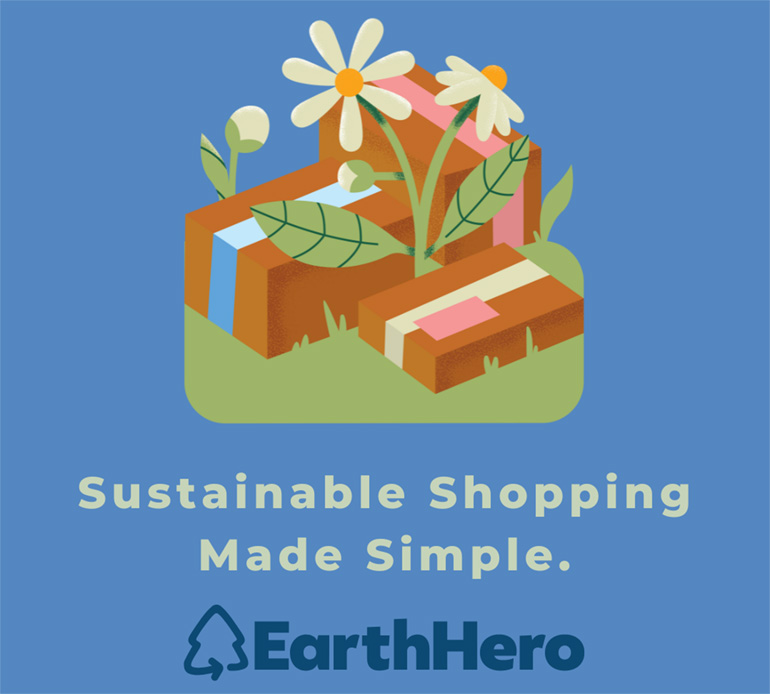Join the community celebration of six local, sustainable success stories that are improving the metropolitan area. The Mid-America Regional Council (MARC) will honor these winning projects on December 4 with an event that is open to the public.
Sustainable Success Stories is part of an ongoing community dialogue focused on building a better understanding of sustainable practices that have the potential to transform our community. The 2015 event highlights exemplary green infrastructure projects and initiatives. It will be held 8:30 – 10:30 a.m. Friday, December 4 at the Kauffman Foundation Conference Center, 4801 Rockhill Rd., Kansas City, MO. For more information and to register, visit www.marc.org.
The 2015 honorees are:
Antioch Urban Growers
Antioch Urban Growers transformed an abandoned nursery center and junkyard into a business that uses a variety of growing methods including aquaponics, raised beds, organic growing and permaculture practices, composting through electrolysis and vermiculture. It hosts training events and offers fruit trees, bedding plants (including natives), small-space urban gardening solutions and vegetable production. It also raises goats, chickens and bees.
Avenue of Life
In 2014, Avenue of Life opened the first mattress recycling facility in the region. The city of Kansas City, MO helped the group acquire an abandoned building on East 31st Street where mattresses and box springs are dismantled by hand. Metal, wood, foam, polyester and cotton are reclaimed and are sold to end markets for the manufacturing of new products. The facility is part of the organization’s Business Training Center, which equips low-income individuals with job resources. The mattress-recycling program teaches skills including heavy equipment operation, customer service, accountability and teamwork.
Johnson County Community College Composting Program
The campus composting program at Johnson County Community College is run entirely by paid student interns who collect an average of 400 pounds of food waste every day from food preparation areas throughout the campus, using an electric truck. Because of space limitations, the program streamlines and accelerates the composting process using the first and possibly only in-vessel composter in Kansas. Students learn to amend the food mixture with sawdust collected from a local cabinet shop, creating the correct balance of carbon, nitrogen and moisture. They then monitor progress and odor while collecting temperature data as the food waste goes from the vessel to three piles for aging. Once a pile is mature, it gets delivered to the campus farm for use as a soil amendment. The program has empowered students, expanding their contacts in the sustainability field and influencing their educational path through the skills learned.
Kansas City, MO Water Department
The Kansas City, MO, Water Department’s Swope Campus parking lot is a local example of green infrastructure techniques. It provides a safe parking area for employees and visitors, while also creating an outdoor space with walking trails, access to transportation sources, stormwater runoff retention, energy conservation and green space. The parking improvements incorporate stormwater best management practices including bio-retention, porous pavements, bio-swales and native plantings designed to manage 10-year storm rainfall onsite and reduce runoff and erosion at the nearby Big Blue Battlefield historic site. The next phase of site improvements will incorporate learning labs to educate citizens of all ages on the benefits of green infrastructure and the importance of water.
Lee’s Summit Legacy Park
Legacy Park is a 700-acre regional park with 39 natural turf athletic fields, a 25-acre lake, 4.7 miles of multi-use trail, a community center, three playgrounds and an outdoor amphitheater. Environmental stewardship and promoting healthy lifestyles are at the core of Legacy Park’s design and construction. Sixty percent of the acreage is reserved as native habitat, while 70 percent of the planting design uses native plant material. Water in Legacy Lake is regenerated from stormwater runoff captured in bio-swales (and parking lots that have no curbs or gutters), which in turn provides detention for downstream areas, erosion control, irrigation for all athletic fields and fire suppression for the entire park. This sustainable irrigation system saves Lee’s Summit Parks and Recreation more than $160,000 annually in water utility costs. The lake and park serve as a waystation for more than 100 species of migrating birds.
The Rozarks Urban Trail System
The wooded areas around the Rosedale Arch, Rosedale Middle School and Fisher Park were an underused asset. After dozens of meetings with school officials, community members and students, and hundreds of volunteer hours, the first three miles of the Rozarks trails opened to the public in May 2014. Now, with additional trail improvements, the Rozarks are well suited for hiking, mountain biking and exploring local ecology. Trailheads located at the Rosedale Arch, a historic Rosedale landmark, and at Fisher Park connect the surrounding neighborhoods to the trails in a highly visible and accessible manner.











